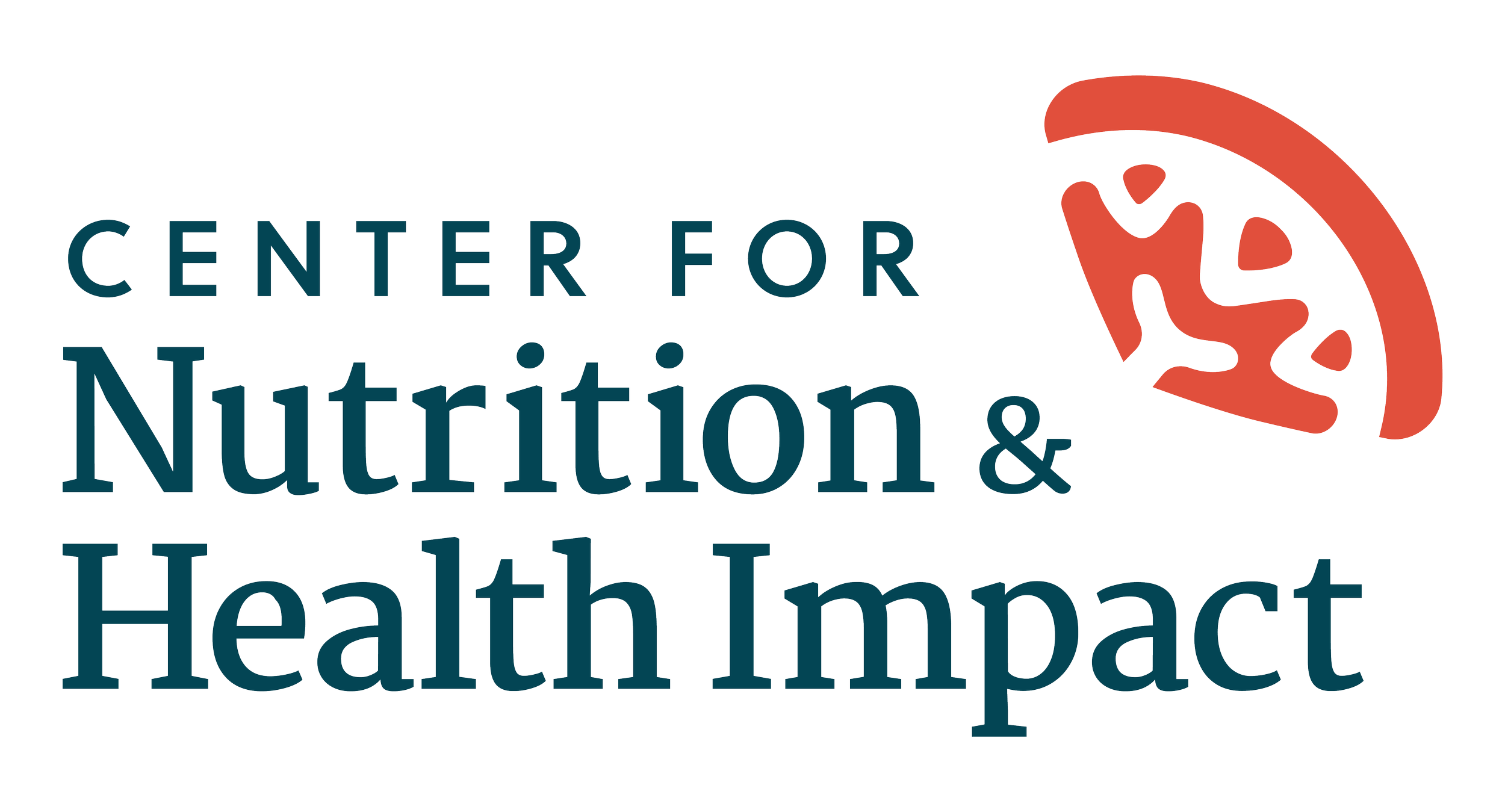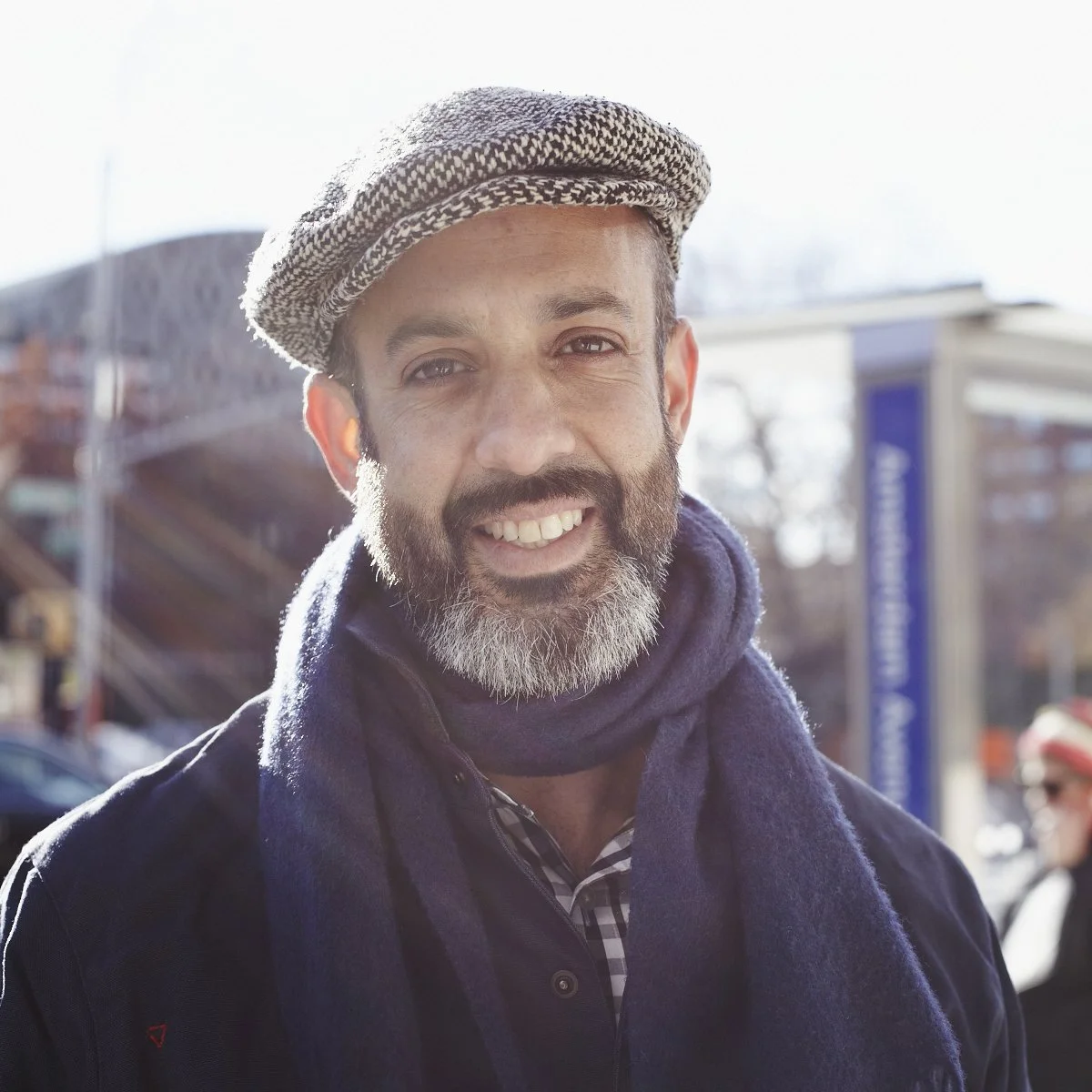Partner Feature: Greg Silverman
West Side Campaign Against Hunger’s (WSCAH) mission is to alleviate hunger by ensuring that all New Yorkers have access to a choice of healthy food and supportive services. In honor of #HungerActionMonth, we’re highlighting the 45th anniversary of WSCAH, who has put dignity, community and choice at the heart of their efforts to serve people (whom they refer to as customers) and transform the emergency feeding sector.
They started this work in the basement of a church on West 86th Street serving hundreds of New Yorkers a week. Today, they serve approximately 600 customers a day—5 million pounds of food to more than 100,000 customers annually—through a new 13,000-square-foot warehouse and dozens of community distribution sites across New York City.
In addition to providing healthy food, more than 50 percent of which is fresh fruits and vegetables, WSCAH helps their customers access essential benefits, such as the Supplemental Nutrition Assistance Program (SNAP).
WSCAH is also the founder and fiscal sponsor of The Roundtable: Allies for Food Access, a dedicated network of eight leading frontline anti-hunger organizations in NYC. The Roundtable collaborates to purchase products in bulk, compare vendor prices, share best practices and drive change across the sector. They continue to explore innovative ideas for serving their customers with dignity and advocating for systems change to bring more resources to communities, so none of our neighbors go hungry.
Last year, we talked with Greg Silverman, WSCAH’s chief executive officer and executive director, about his commitment to ending hunger and how WSCAH is improving the emergency feeding landscape. Below, we are resharing that interview.
------- + -------
Greg Silverman earned his Bachelor of Arts in Politics and Anthropology at Ithaca College in 1994 and Master of Science in Food and Nutrition Policy at City, University of London in 2011. From working as a nutrition education specialist for the London city government to running multiple restaurants in Ithaca, New York, to volunteering with the U.S. Peace Corps in Mali, Silverman has continuously driven change within the food security, emergency feeding and anti-hunger policy landscape for more than two decades. Prior to joining West Side Campaign Against Hunger (WSCAH) in 2016, Silverman served as the managing director at Wellness in the Schools and the national partnerships director at Share Our Strength, where he oversaw the expansion of the No Kid Hungry Campaign and led national nutrition education efforts within the Cooking Matters initiative.
Today, Silverman is the chief executive officer and executive director of WSCAH, one of the largest emergency food pantries in New York City. Through its customer-choice supermarket-style pantry network, Mobile Market Program and Community Hub initiatives, WSCAH has become a leader in emergency feeding, food security and creating access to healthy food, life-stabilizing benefits and social services for customers. Silverman is also founder and director of The Roundtable: Allies For Food Access and serves as a council member at NationSwell.
Pictured above (left to right): Executive Director Dr. Amy Yaroch and Chief Executive Officer/Executive Director of West Side Campaign Against Hunger (WSCAH) Greg Silverman visiting a WSCAH distribution site in New York City.
How did you first meet Dr. Amy Yaroch?
About twelve years ago, I was helping lead the Cooking Matters program at Share Our Strength and Dr. Yaroch was on the Advisory Board. So, through meetings with that Advisory Group, I got to know of Dr. Yaroch and the amazing work of the [Center for Nutrition & Health Impact]. Leading an emergency feeding organization has been a great opportunity to reconnect with Dr. Yaroch, learn from all the work across the country and add to that evidence base.
From 2009 to 2011, you completed your Master of Science Food and Nutrition Policy degree at City, University of London. How did spending time abroad shape your views on healthy food equity, access and security? Which global perspectives resonated with you the most and strengthened your commitment to ending hunger?
I obtained my degree while working for the City of London, running nutrition education training courses and consulting on school food-based work across the city. That time in London was a great opportunity for me to shift from my core kitchen/restaurant-based culinary work to community-based public health efforts as a chef.
While at City, University of London, I studied how European models of food systems work, especially anti-obesity efforts. I was working for the London Borough of Richmond and implementing Change 4 Life programming, which was a follow up to the French EPODE (Ensemble Prévenons l'Obésité Des Enfants’, Together Let's Prevent Childhood Obesity) model. Through my graduate work, I was intimately aware of the pros and cons of each model and had worked daily within the British model. When I got to Washington DC and worked with the Let's MOVE team, it was easy to see how the Obama Administration-generated model was inspired by the more expansive European models. So, I felt well-grounded and able to contribute to models in the U.S. Of course, living in London helped me grasp what a secure safety net for people experiencing poverty really looks like and how necessary cash-assistance programs are in cultivating economic stability. I saw firsthand that it’s impossible to lift everyone out of poverty; however, even amidst individual people’s struggles, one can maintain a basic level of healthcare security, housing security and food security. It's been sad to watch the safety net in the UK erode further and see the proliferation of food banks, as if that charity model “imported” from the U.S. would be worth expanding.
As for my personal commitment to ending hunger, I am simply a chef who wants to make sure people have the ability to enjoy great meals with their families and friends. Everywhere I have worked, consulted and lived outside of the U.S.—Mali, Bangladesh, Jordan, Palestine, Israel, the UK—these places showed me the same truth: people can gain immense joy and community through food if given the opportunity.
It's not necessary to be at a Michelin-starred restaurant. It’s about sharing good food. Whether a common bowl of tigadegena during Ramadan in Manantali, Mali or a Sunday pub lunch in East London, food brings people together. That's all I want to do. I want to make sure everyone can share food with their community, no matter their economic circumstances, family's religion, nationhood, citizenship, gender, age, sex or race. It's simple to say, but much more complex to make happen when it comes to policy.
What is at the heart of WSCAH’s mission and how do you personally live into WSCAH’s core values of dignity, community and choice?
My job is to build upon what already exists. I came to WSCAH six years ago. I heard the words dignity, community and choice over and over from staff, customers, volunteers and supporters, and it was ingrained in our choice pantry model. We now realize that choice is much bigger than choosing apples or tomatoes, for example. It's about choice of where and when you get your food and how you control your time. Believing choice is only about a choice of foods within a limited range of products at an emergency food pantry is thinking small. At WSCAH, we always are thinking bigger.
Pictured above: Greg Silverman.
How will you continue using your voice and leadership – as a chef, anti-hunger activist and CEO/Executive Director – to change the U.S. food security, emergency feeding and nutrition policy landscape?
We continue to push to ensure our mission resonates across the emergency feeding landscape. We must acknowledge the truth that emergency feeding is broken. Emergencies can last days and weeks, maybe even months. But when they last decades, it’s an abject failure. So, our job is to push for change. As a chef, it's somewhat like a cook telling me there's something wrong with the farmer because an entree was burnt. It's not the food or the farmer’s fault; it's the cook’s for not seeing that the product needs adjustment in prep or cooking. We must take ownership of the failures of the system and not simply let the system continue “because that's how it's always been.”
Ultimately, my goal is to address the social determinants of health and disease: To drive evidence-based policy reform to increase food security, help people avoid the poverty trap and reduce food- and nutrition-related health disparities. This mission has become more urgent than ever before as the combined stresses of the COVID-19 pandemic, geopolitical and domestic instability, and climate change have revealed the vulnerability of our domestic and global food systems and social protections - especially in liberal, Western democracies such as Israel and the U.S. Strengthening democracy includes strengthening public health and welfare - and nutrition security is key to that endeavor.
Do you have any food rituals, habits or philosophies for your personal life that you would like to share?
I like to use the smallest number of ingredients for maximum flavor. I have seen enough recipes with a pinch of this and a dash of that…NO. Use more of each ingredient but fewer ingredients. For example, I love beets. I love roasting them, I love juicing them, I love sautéing their greens, I love blanching their stems. I love using all those methods of cooking to highlight one ingredient: beets. I’ll add a sprinkle of salt, a drizzle of olive oil, a squeeze of lemon all to bring different textures and flavors from one simple ingredient. We can build complexity within focused, simple food.




